Using Node.jsHow to compress images? The following article will introduce to you how to use Node.js to achieve image compression. Let’s take a look!

1. Content introduction

#. At that time, there was still one missing function: image compression, which was finally solved this time. At the same time, a legacy bug was also solved (the editor would get stuck if there were spaces in the link). Now it can be regarded as a fully functional plug-in. , interested friends can search for the plug-in upload-to-qiniu in Vscode to install it. [Recommended learning: "nodejs tutorial"]
Effect preview:
2. Node compresses imagesAt first, I planned to use the TinyPNG
imagemin instead. There is a pitfall here: because imagemin cannot directly compress images, but needs to rely on imagemin-jpegtran and imagemin-pngquant
imagemin-pngquant
. One reason I found is that this library is based on some underlying languages, so it cannot be installed directly. You need to install another dependency on the computerlibpng .
Install libpng
Directly post the address for installing brew:zhuanlan.zhihu.com/p/90508170 , just say it to him Basically, you can install brew by typing the command. Finally, we execute
, just say it to him Basically, you can install brew by typing the command. Finally, we execute
. After
libpng is installed successfully, we can install  imagemin-pngquant
imagemin-pngquant
Code to realize compressed imagesAccording to the requirements, we definitely don’t want him to compress the images and put them in the folder. Instead, we need to get the compressed content directly in the code and upload it directly to Seven cows. Then we need to use imagemin.buffer
. This method receives abuffer
object and returns abuffer after compression. We only need to use the compressed buffer directly Uploading to Qiniu, the idea is like this, the following is the code implementation: // 获取buffer
export const getBufferFromFile = (filePath: string): Promise<Buffer> => {
return new Promise((resolve, reject) => {
fs.readFile(filePath, function (err: any, res: any) {
if (!err) {
resolve(res)
}
})
})
}
// 压缩图片,传入图片文件路径,通过getBufferFromFile方法转为buffer 后进行压缩
const imageGzip = async (loaclFile: string): Promise<any> => {
const bufferFile = await getBufferFromFile(loaclFile)
let res
try {
res = await imagemin.buffer(bufferFile, {
plugins: [
imageminJpegtran(),
imageminPngquant({
quality: [0.6, 0.8],
}),
],
})
} catch (err) {
console.log('error', err)
res = null
}
return res
}
This way we can easily implement image compression, now we rewrite it and upload it to Qiniu: Because there was no compression before, we can Directly upload the file path to Qiniu. After compression, we only have the buffer. We need to upload the buffer to Qiniu:
export const upImageToQiniu = async (
loaclFile: string,
cb: { (res: any): void; (arg0: any): void },
upConfig: QiNiuUpConfig
) => {
const config = new qiniu.conf.Config()
const formUploader = new qiniu.form_up.FormUploader(config)
const putExtra = new qiniu.form_up.PutExtra()
const token = getToken(upConfig.accessKey, upConfig.secretKey, upConfig.scope)
let gzipImage
if (upConfig.gzip) {
gzipImage = await imageGzip(loaclFile)
}
// 获取当前时间戳
var key = new Date().getTime()
// 上传调用方法
const uploadFnName = gzipImage ? 'putStream' : 'putFile'
// 上传内容
const uploadItem = gzipImage ? bufferToStream(gzipImage) : loaclFile
// 七牛上传
formUploader[uploadFnName](
token,
key,
uploadItem,
putExtra,
function (respErr: any, respBody: any, respInfo: any) {
if (respErr) {
throw respErr
}
if (respInfo.statusCode === 200) {
const url = upConfig.domain + '/' + respBody.key
cb(url)
}
}
)
}Now we can experiment with the effect: Select a png picture on the computer:
## #######After uploading with our plug-in, open the link and take a look: ###############The image is compressed successfully~~#########三, Solving legacy bugs######### I found a problem when using it, that is, sometimes the editor would suddenly become stuck. Later, I found out that the reason was that it would always get stuck when there are spaces in the link, and then hover other content. None responded. So just remove the spaces in the hover string and then execute the following method to get the link: ###// 当前行的文本内容 const currentLineText = document.lineAt(position).text.replace(/\s+/g, "")######4. End############Because when previewing the image in hover In order to prevent some images from being too large and slow to load, Qiniu's cropping parameters have been added, so other types of image links may not be previewable. This will be solved later^ ^. I have uploaded the plug-in source code to ###github###, everyone is welcome to click start^ ^. If you have better ideas for plug-ins, you can also communicate with each other. #########For more programming-related knowledge, please visit: ###Introduction to Programming###! ! ###
The above is the detailed content of How to compress images using Node.js? Method introduction. For more information, please follow other related articles on the PHP Chinese website!
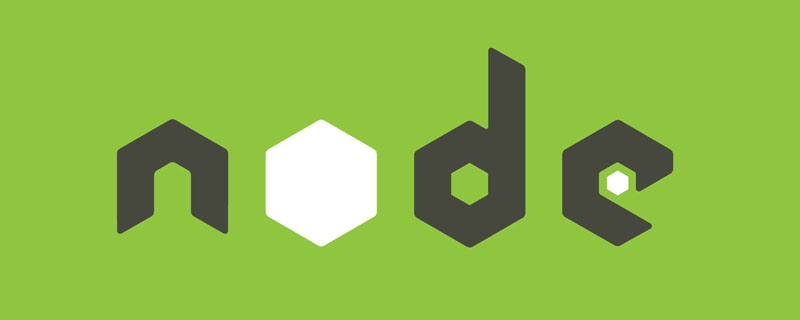 Vercel是什么?怎么部署Node服务?May 07, 2022 pm 09:34 PM
Vercel是什么?怎么部署Node服务?May 07, 2022 pm 09:34 PMVercel是什么?本篇文章带大家了解一下Vercel,并介绍一下在Vercel中部署 Node 服务的方法,希望对大家有所帮助!
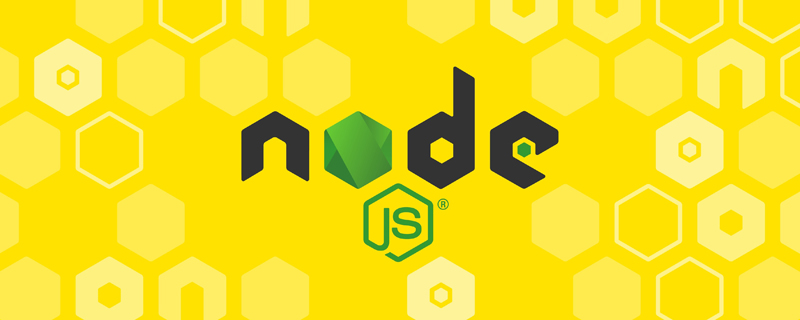 node.js gm是什么Jul 12, 2022 pm 06:28 PM
node.js gm是什么Jul 12, 2022 pm 06:28 PMgm是基于node.js的图片处理插件,它封装了图片处理工具GraphicsMagick(GM)和ImageMagick(IM),可使用spawn的方式调用。gm插件不是node默认安装的,需执行“npm install gm -S”进行安装才可使用。
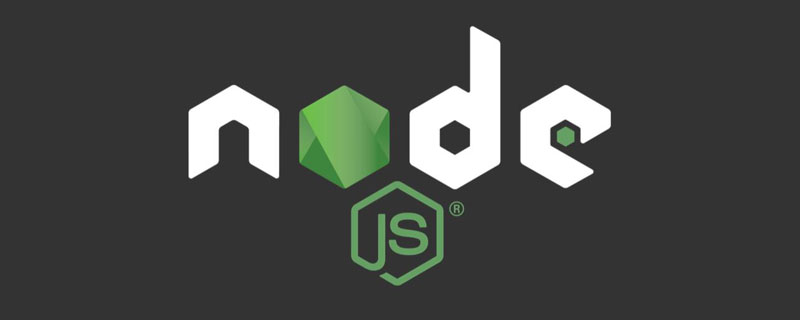 怎么使用pkg将Node.js项目打包为可执行文件?Jul 26, 2022 pm 07:33 PM
怎么使用pkg将Node.js项目打包为可执行文件?Jul 26, 2022 pm 07:33 PM如何用pkg打包nodejs可执行文件?下面本篇文章给大家介绍一下使用pkg将Node.js项目打包为可执行文件的方法,希望对大家有所帮助!
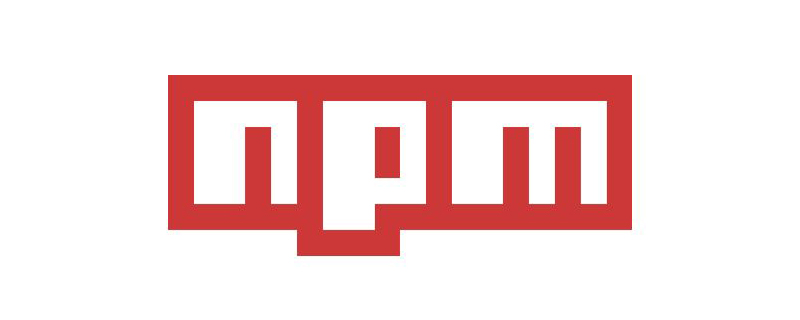 一文解析package.json和package-lock.jsonSep 01, 2022 pm 08:02 PM
一文解析package.json和package-lock.jsonSep 01, 2022 pm 08:02 PM本篇文章带大家详解package.json和package-lock.json文件,希望对大家有所帮助!
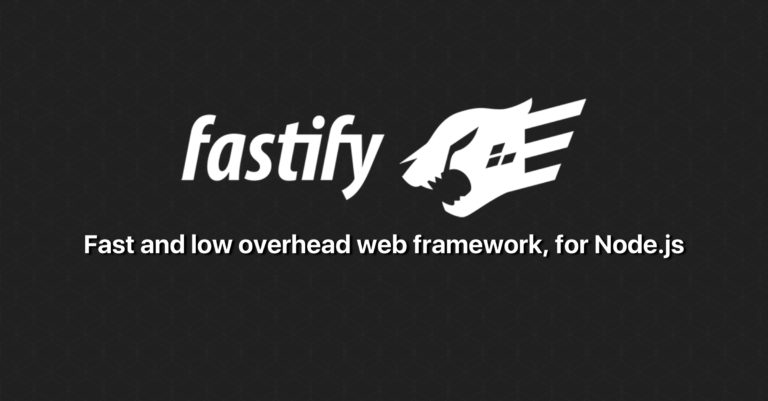 分享一个Nodejs web框架:FastifyAug 04, 2022 pm 09:23 PM
分享一个Nodejs web框架:FastifyAug 04, 2022 pm 09:23 PM本篇文章给大家分享一个Nodejs web框架:Fastify,简单介绍一下Fastify支持的特性、Fastify支持的插件以及Fastify的使用方法,希望对大家有所帮助!
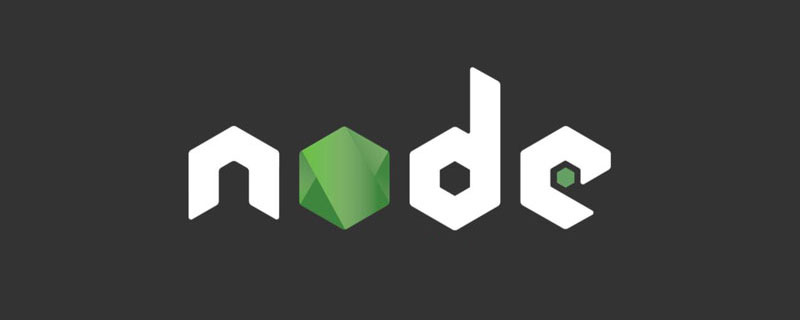 node爬取数据实例:聊聊怎么抓取小说章节May 02, 2022 am 10:00 AM
node爬取数据实例:聊聊怎么抓取小说章节May 02, 2022 am 10:00 AMnode怎么爬取数据?下面本篇文章给大家分享一个node爬虫实例,聊聊利用node抓取小说章节的方法,希望对大家有所帮助!
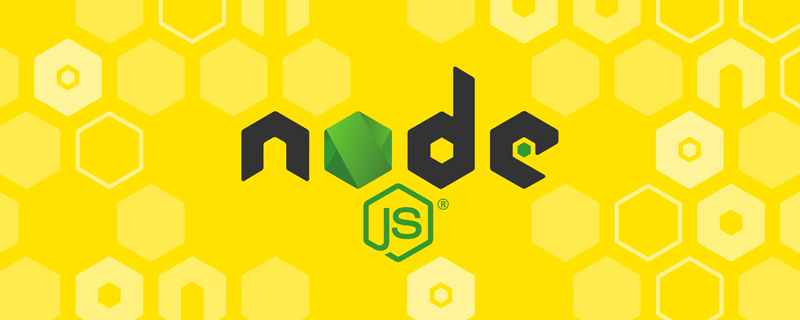 手把手带你使用Node.js和adb开发一个手机备份小工具Apr 14, 2022 pm 09:06 PM
手把手带你使用Node.js和adb开发一个手机备份小工具Apr 14, 2022 pm 09:06 PM本篇文章给大家分享一个Node实战,介绍一下使用Node.js和adb怎么开发一个手机备份小工具,希望对大家有所帮助!
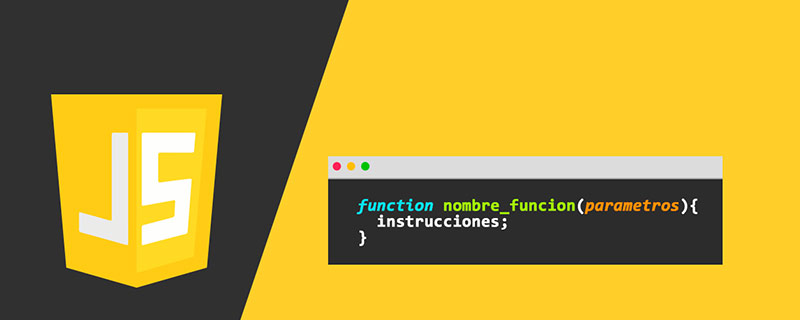 图文详解node.js如何构建web服务器Aug 08, 2022 am 10:27 AM
图文详解node.js如何构建web服务器Aug 08, 2022 am 10:27 AM先介绍node.js的安装,再介绍使用node.js构建一个简单的web服务器,最后通过一个简单的示例,演示网页与服务器之间的数据交互的实现。


Hot AI Tools

Undresser.AI Undress
AI-powered app for creating realistic nude photos

AI Clothes Remover
Online AI tool for removing clothes from photos.

Undress AI Tool
Undress images for free

Clothoff.io
AI clothes remover

AI Hentai Generator
Generate AI Hentai for free.

Hot Article

Hot Tools

PhpStorm Mac version
The latest (2018.2.1) professional PHP integrated development tool

Atom editor mac version download
The most popular open source editor

SublimeText3 Linux new version
SublimeText3 Linux latest version

ZendStudio 13.5.1 Mac
Powerful PHP integrated development environment

mPDF
mPDF is a PHP library that can generate PDF files from UTF-8 encoded HTML. The original author, Ian Back, wrote mPDF to output PDF files "on the fly" from his website and handle different languages. It is slower than original scripts like HTML2FPDF and produces larger files when using Unicode fonts, but supports CSS styles etc. and has a lot of enhancements. Supports almost all languages, including RTL (Arabic and Hebrew) and CJK (Chinese, Japanese and Korean). Supports nested block-level elements (such as P, DIV),







